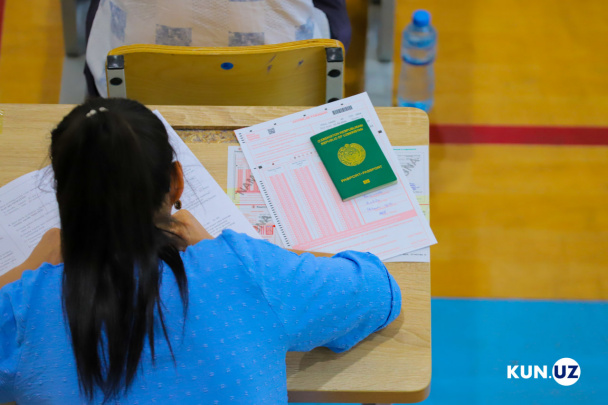Uzbekistan rises in global IQ ranking
Uzbekistan has made a notable advancement in the International IQ Registry rankings, securing 69th place out of 127 countries with an average IQ score of 96.98. This marks an improvement of 2.17 points compared to the previous year, when the country's score was 94.81.

Photo: Getty Images
The International IQ Registry, which evaluates average intelligence quotient (IQ) scores globally, is based on data collected from over 1.4 million participants who took a standardized test in 2024. The rankings, updated annually on January 1, provide insights into regional and national cognitive performance levels.
China topped the list with an average IQ of 107.43, followed by Iran (106.63) and South Korea (106.57). Gabon ranked last with an average IQ of 85.56. The global average IQ is 100.
Among Central Asian nations, Kazakhstan ranked 66th with an average IQ of 97.27, Kyrgyzstan 84th (95.0), and Tajikistan 96th (93.75). No data was available for Turkmenistan.
Researchers highlighted various factors that affect a nation's average IQ:
- Infectious Diseases: A 2010 study revealed a correlation between high rates of infectious diseases and lower IQ scores, as such illnesses negatively impact cognitive development.
- Nutrition: According to a 2025 study, children with healthier eating habits tend to achieve higher IQ scores compared to their peers.
- Intellectual Activities: Regular engagement in activities like playing chess has been shown to boost IQ, as evidenced by a 2022 study. Similarly, bilingual children scored higher on IQ tests than monolingual children, according to a 1962 study.
- Genetics: Research conducted in 2013 on over a thousand twins indicated that IQ is 50-80% influenced by genetic factors.
Countries with higher average IQ scores tend to have well-developed healthcare systems, promote healthy eating habits, and encourage participation in intellectual activities. These factors collectively contribute to better cognitive outcomes for their populations.
In Uzbekistan, 8,986 individuals participated in the 2024 IQ test, reflecting growing interest in intellectual assessments and advancements in education and healthcare.
Recommended
List of streets and intersections being repaired in Tashkent published
SOCIETY | 19:12 / 16.05.2024
Uzbekistan's flag flies high on Oceania's tallest volcano
SOCIETY | 17:54 / 15.05.2024
New tariffs to be introduced in Tashkent public transport
SOCIETY | 14:55 / 05.05.2023
Onix and Tracker cars withdrawn from sale
BUSINESS | 10:20 / 05.05.2023
Latest news
-
Modern tourism hub to be developed on Aydar–Arnasay lake shores in Jizzakh
TOURISM | 14:26
-
Fergana doctor sentenced for mistakenly amputating patient’s healthy leg and causing her death
SOCIETY | 12:43
-
Click and Halyk Bank announce historic $237 million partnership to transform Uzbekistan’s financial services
SOCIETY | 12:41
-
Uzbekistan’s State Security Service chief meets Taliban Defense Minister in Kabul
POLITICS | 12:40
Related News

11:57 / 21.07.2025
State university admission quotas approved

17:43 / 16.07.2025
Academic transfer applications open – new score thresholds announced

14:12 / 16.07.2025
University admission test results for July 14 released – Full guide to checking scores

13:06 / 15.07.2025



